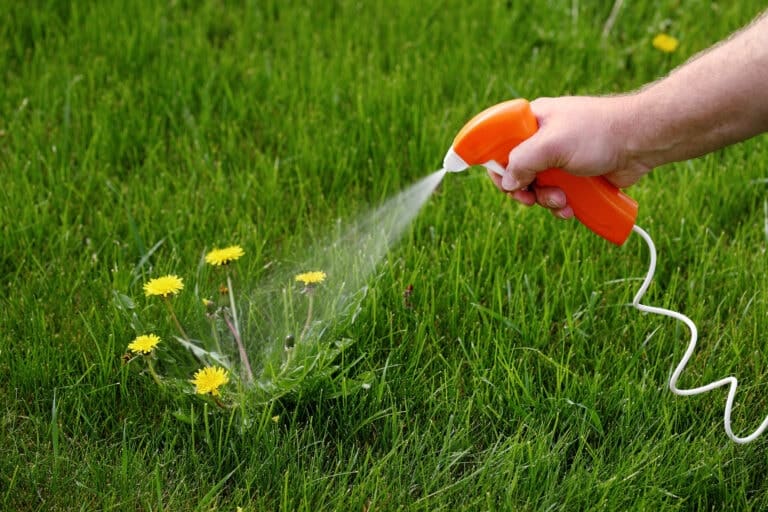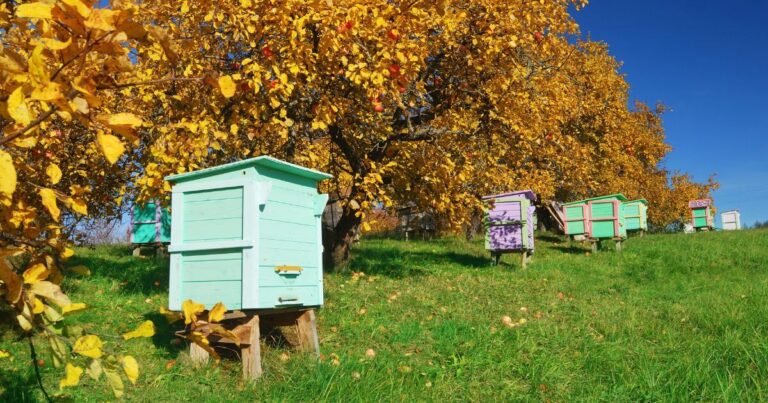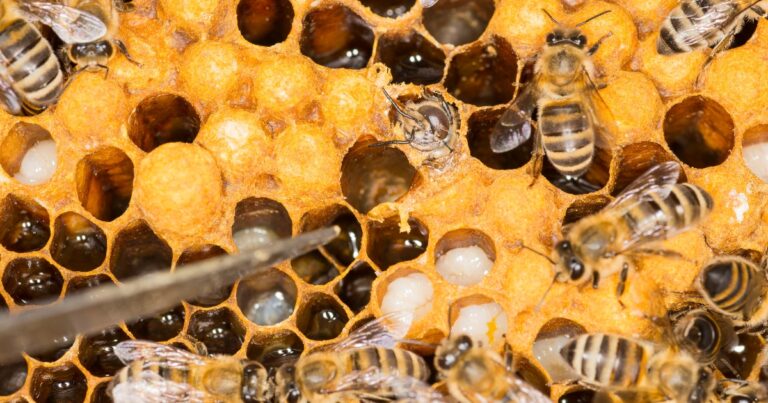When Is Honey Safe For Your Baby?
When can a baby eat honey? Find out when you can safely introduce honey without any risks.

Honey is a completely natural food, with significant antibacterial properties and health benefits. Many cultures continue to incorporate it into the regular diet of infants, so it must be good for your baby – right?
Wrong! Honey – even as an ingredient in baked or processed foods – should never be fed to children under one year of age, due to the risk of botulism poisoning, which is potentially fatal.
Clostridium botulinum is a motile form of bacterium which produces the most potent toxin known to man, called botulinum. This causes muscle paralysis by blocking nervous transmissions, and infection – even by a minute dose – can result in death within minutes. The bacteria flourish in anaerobic conditions, under which they are also capable of producing resilient spores that commonly persist in soil and dust.
As a result, the flowers upon which bees forage can be contaminated with spores or bacteria, and this can be transferred to honey. Most honey is consumed raw, but the spores will survive temperatures generated by household cooking methods, and can only be destroyed by extreme heat.
Botulism, or infection with the botulinum toxin, was first described in 1820; the bacterium responsible was isolated in 1895, after a number of people became sick from eating ham. In the early twentieth century, the burgeoning canned food industry was seriously threatened, until techniques were developed to deactivate the botulinum toxin using very high temperatures.
Research into the possibility of using botulinum as a form of biological warfare during World War II eventually resulted in the toxin becoming readily available to the scientific community.
In 1989, the cosmetic benefits of botulinum toxin (now marketed as Botox) were first documented by an American plastic surgeon, and this has now become a multi-billion-dollar industry. The toxin is also used extensively to treat medical conditions, in particular muscle disorders.
Botulism results either from ingesting contaminated food, or when wounds are exposed to the pathogen. However, the mature human intestine contains acids that prevent the production of toxins by the Clostridium bacteria, and adults who swallow spores very rarely suffer any ill effects. Infants under about one year of age are far more vulnerable, as their immature intestines allow the spores to germinate and produce toxins. Infant botulism comprises about 65% of all reported cases of botulism poisoning, and many more may not be officially documented. Although infant botulism can be potentially life-threatening, it is important to recognise that incidence is rare, and many cases are quite mild due to low levels of the toxin.
However, parents should be alert to the symptoms, which typically include constipation, followed by listlessness, a lack of appetite and ‘floppiness’ or a lack of muscle control. This can eventually lead to respiratory arrest. If you suspect your child may be suffering from infant botulism, you should seek medical attention without delay. Effective treatment is available and the mortality rate for infants hospitalised with infant botulism is extremely low.
There is absolutely no need to panic, as infant botulism is a very rare condition, but as they say ‘forewarned is forearmed’. Environmental exposure to soil or dust is a common causal factor, and this is difficult to eliminate. But – although it is a wonderful natural food – excluding honey from your infant’s diet is a simple precaution that is easy to implement. There will be plenty of time for them to enjoy it later!



